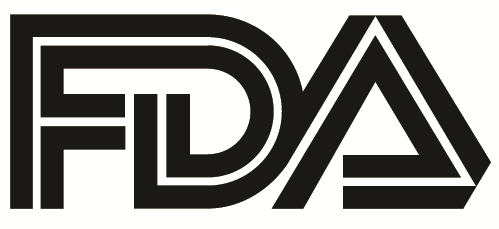Serious Health Concerns Trigger New FDA Restrictions on Codeine, Tramadol
Children, infants who receive the opioids can suffer respiratory depression, death.

The FDA today announced a series of labeling changes to codeine and tramadol after learning that children have experienced life-threatening respiratory depression and death after receiving them.
Some children rapidly metabolize the two opioid drugs, which can commonly be found in cough and pain medicines. Rapid metabolizing can cause dangerously high levels of the active drug in their bodies and result in serious health risks.
According to an FDA release, health care professionals should consider recommending over-the-counter or other FDA-approved prescription medicines for cough and pain management in children younger than 12 years old and in adolescents younger than 18 years old, especially for those with certain genetic factors, obesity, or obstructive sleep apnea and other breathing problems.
Nursing babies can also experience respiratory depressions if mothers who are ultra-rapid metabolizers take codeine or tramadol and pass them along to children through breast milk. Signs of exposure in infants include shallow breathing, difficult or noisy breathing, confusion, more than usual sleepiness, trouble breastfeeding, or limpness.
Labeling changes include:
- A contraindication to the codeine and tramadol labels alerting users that codeine should not be used to treat pain or cough and tramadol should not be used to treat pain in children younger than 12 years old.
- A new contraindication to the tramadol label warning against its use in children younger than 18 years old to treat pain after surgery to remove the tonsils and/or adenoids.
- A new warning to codeine and tramadol labels recommending against their use in adolescents between 12-18 years old who are obese and have conditions such as obstructive sleep apnea or severe lung disease.
- A strengthened warning to mothers that breastfeeding is not recommended when taking codeine or tramadol medicines due to the risk of serious adverse reactions in breastfed infants, which can include excess sleepiness, difficulty breastfeeding, or serious breathing problems that could result in death.
A review of medical literature for data regarding the use of codeine in nursing mothers found several cases of excess sleepiness and serious breathing problems in breastfed infants, including 1 reported death. No cases of adverse events were reported in a review of tramadol use in nursing mothers.
Additionally, the FDA reviewed adverse events reports submitted to the agency spanning from 1969 to 2015, and found 64 cases of serious breathing problems, including 24 deaths, associated with codeine-containing medicines in children younger than 18 years old. Nine cases, including 3 deaths, were identified with the use of tramadol.
FDA officials are also considering additional regulatory actions for over-the-counter codeine products, as well as an FDA Advisory Committee meeting to address the role of prescription opioid cough-and-cold medicines to treat cough in children.
Patients and health care professionals are urged to report side effects involving medicines that contain codeine and tramadol to the FDA MedWatch program by calling 1-888-463-6332 or emailing druginfo@fda.hhs.gov.
Read the FDA’s full Drug Safety Communication.